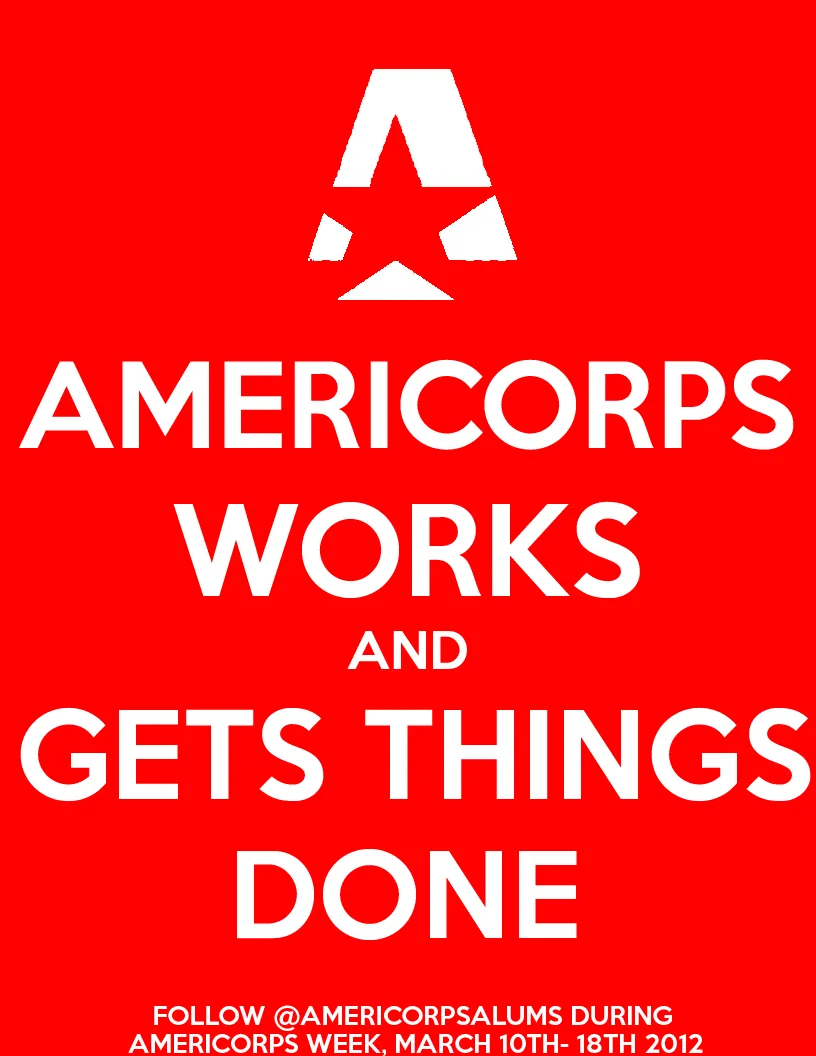Understanding the AmeriCorps Cover Letter
An AmeriCorps cover letter is more than just a formality; it’s your first introduction to the program and a crucial opportunity to showcase why you’re the ideal candidate. Unlike standard job applications, AmeriCorps seeks individuals driven by a passion for service and a commitment to making a difference. Your cover letter should reflect this dedication, providing a window into your motivations, skills, and experiences that align with the program’s mission. It’s your chance to stand out from the crowd and demonstrate that you’re not just looking for a job, but a chance to contribute to something meaningful. Crafting a compelling cover letter is vital to getting your foot in the door.
Why a Strong Cover Letter Matters for AmeriCorps
A well-written cover letter significantly impacts your chances of acceptance into an AmeriCorps program. It serves as the initial impression, offering a detailed glimpse into your personality, work ethic, and enthusiasm for service. Because AmeriCorps programs are highly competitive, a compelling cover letter provides the program managers with the information to determine if your background and goals align. This letter lets you present your qualifications and describe how your unique skills will benefit the organization’s objectives. A robust cover letter displays your understanding of the program’s mission, thereby highlighting your commitment to contributing to positive change. Make sure your cover letter is strong.
Highlighting Your Skills and Experiences
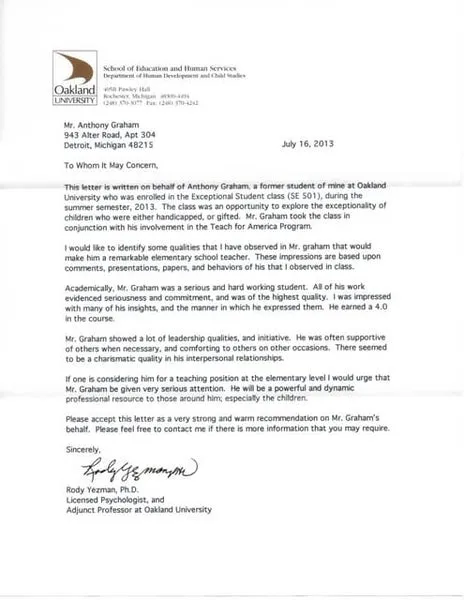
The core of a compelling AmeriCorps cover letter lies in effectively showcasing your skills and experiences. This involves more than just listing your past roles. It requires demonstrating how these experiences have equipped you with the necessary capabilities for the program. Focus on the skills most relevant to the specific AmeriCorps program you’re applying for, such as leadership, communication, problem-solving, and teamwork. Provide concrete examples from your past, illustrating how you’ve utilized these skills to achieve specific outcomes. By connecting your experiences to the program’s requirements, you make a persuasive case for your suitability and demonstrate that you’re prepared to make an immediate impact.
Showcasing Relevant Skills for AmeriCorps
Identify the key skills the AmeriCorps program values. These often include communication, problem-solving, adaptability, and the ability to work in teams. Tailor your examples to reflect these skills. For example, if the program requires strong communication skills, share an instance where you effectively communicated a complex idea, resolved a conflict, or presented to a large audience. If the program emphasizes teamwork, describe a project where you successfully collaborated with others to achieve a common goal, highlighting your role and contributions. This alignment between your skills and the program’s needs is essential.
Demonstrating Your Passion for Service
AmeriCorps seeks individuals passionate about community service. Your cover letter must communicate your genuine interest in the program’s mission and the cause it serves. Express your personal motivations for joining AmeriCorps, and explain what drives you to contribute to the community. Share any relevant volunteer experiences or initiatives you’ve been involved in, detailing what you learned and how they shaped your desire to serve. By conveying your enthusiasm and commitment to the organization, you show that you’re not just looking for a job but are also eager to contribute to the positive change that the program is working towards.
Quantifying Your Achievements
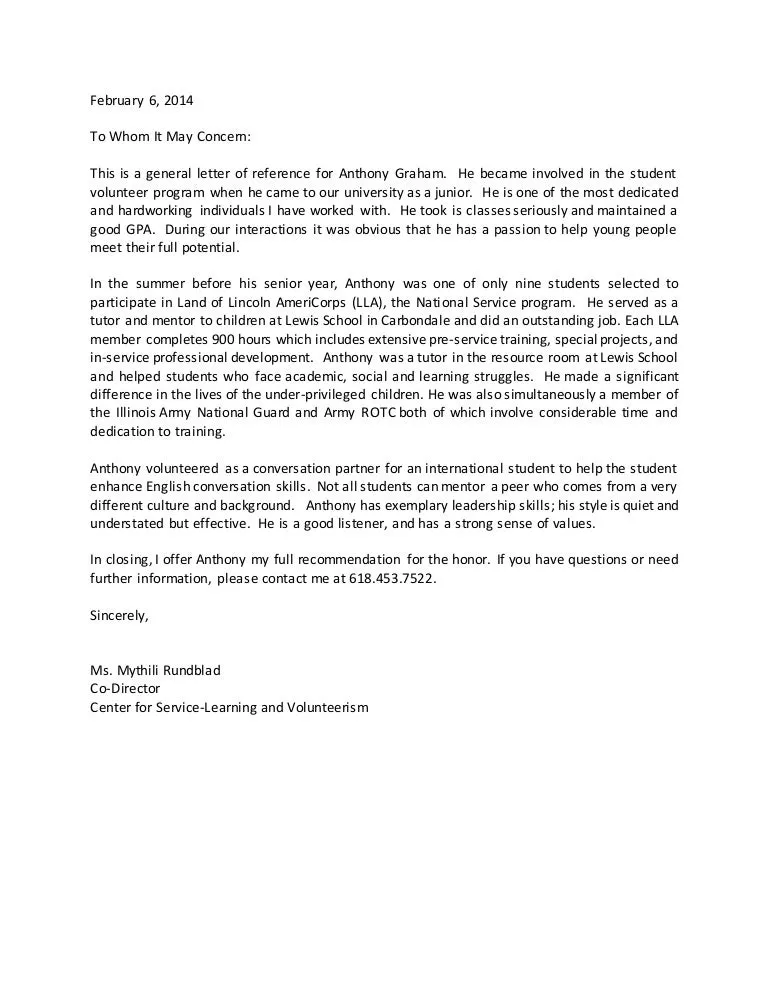
Instead of simply stating your responsibilities, focus on quantifying your accomplishments. Use numbers, percentages, and specific data to illustrate the impact of your work. For example, instead of saying you ‘managed social media,’ state that you ‘increased social media engagement by 30% through targeted content and campaigns.’ When describing previous roles, provide metrics that showcase the value you brought to those positions. This is also true for volunteer experiences. Quantifiable data not only helps to demonstrate the extent of your impact but also provides tangible evidence of your abilities and success, thereby making your cover letter more persuasive and memorable.
Providing Specific Examples
Abstract claims about skills and experiences are less effective than concrete examples that bring those claims to life. For each skill or experience you mention, provide a specific example that illustrates how you utilized that skill or gained that experience. Use the STAR method (Situation, Task, Action, Result) to structure your examples. Describe the context (situation), the task you were assigned, the actions you took to address the task, and the measurable outcome (result). This approach provides a clear, concise, and compelling narrative that highlights your capabilities and demonstrates how you have contributed to success in the past.
Tailoring Your Letter to the Program
Generic cover letters rarely make a strong impression. Success requires a cover letter customized to the specific AmeriCorps program. Show the program managers that you’ve researched their program, understand their mission, and are genuinely interested in the work they do. Your cover letter should reflect a deep understanding of the program’s goals, the community it serves, and the specific responsibilities of the role you’re applying for. Tailoring your letter involves modifying it to highlight the skills and experiences that specifically align with the program’s needs, and mentioning specific aspects of the program that excite you and motivate you to apply. This shows a level of dedication and ensures that you are the best candidate.
Researching the AmeriCorps Program
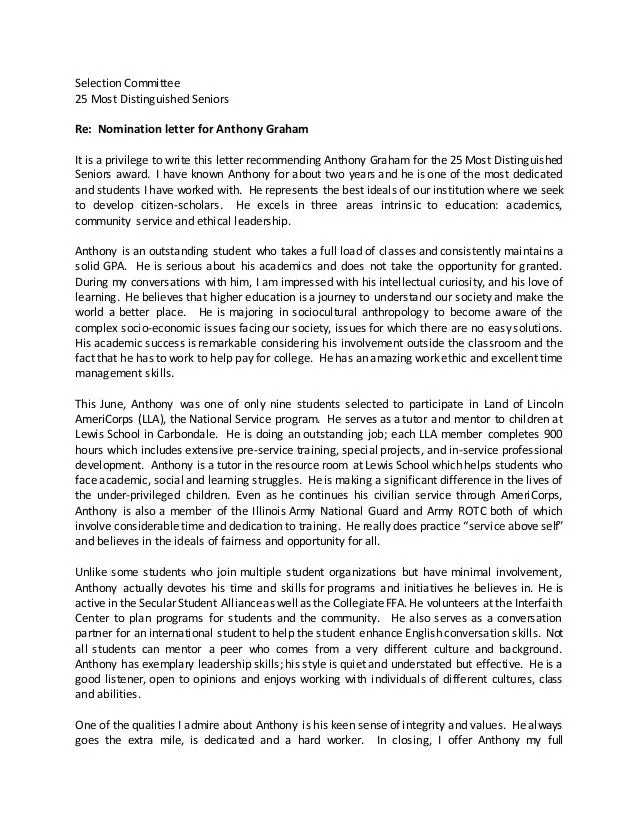
Thorough research is the first step to tailoring your cover letter. Visit the AmeriCorps website and the specific program’s website to gather as much information as possible. Understand their mission, the population they serve, and the challenges they address. Study the program’s activities, the types of projects they undertake, and the skills they value. This research will provide you with the information needed to align your skills and experiences with the program’s needs. Be aware of the organization’s mission statement and incorporate these details in your cover letter. Use this information to make a great impression and be seen as the perfect candidate.
Matching Your Skills to Program Needs
After researching the program, analyze your skills and experiences and identify the areas where they overlap with the program’s needs. Use the job description to guide you. It will outline the specific skills and qualifications the program is looking for. When drafting your cover letter, actively match your skills and experiences to these requirements. Highlight how your previous roles and volunteer work have prepared you to excel in the AmeriCorps position. Provide relevant examples of your ability to contribute to the organization’s goals. This strategic alignment will help you to demonstrate your suitability and make a strong case for your candidacy.
Emphasizing Your Understanding of the Mission
Your cover letter should reflect a deep understanding of the AmeriCorps program’s mission and values. Show that you’re not just interested in the job, but you are also committed to the program’s cause. Describe how you are passionate about the program and its mission. Explain why you are drawn to their work and how you see yourself contributing to its success. Show that you resonate with the program’s goals and what they are trying to achieve. By demonstrating your understanding of and commitment to the mission, you show program managers that you are genuinely interested in the work and are prepared to make a meaningful contribution.
Formatting and Style
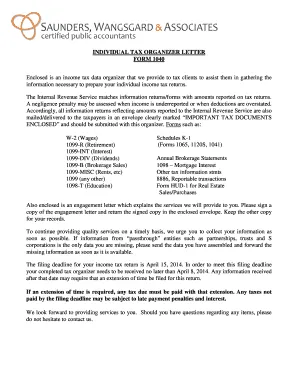
Professionalism in format and style is crucial. Your cover letter must be polished and easy to read. Choose a clear, readable font (such as Times New Roman, Arial, or Calibri) and use a standard font size (11 or 12 points). Maintain consistent formatting throughout the document. Use clear headings and subheadings to organize your thoughts, and break up large blocks of text with short paragraphs to make it easier to scan. Ensure your letter is well-spaced and has appropriate margins. Proper formatting makes your cover letter look professional and readable, making it more appealing to the reader and increasing the chances of your application being considered.
Choosing the Right Tone
The tone of your cover letter should be professional and enthusiastic. While you want to express your passion for service, avoid being overly casual or informal. Use a tone that is respectful and shows you are sincere. Express your enthusiasm for the program and your eagerness to contribute. Demonstrate your desire to join their team and make a positive impact. Your tone should strike a balance between professionalism and sincerity. This shows that you are dedicated to the organization and their mission, while also making you a pleasant person to work with.
Proofreading and Editing
Typos, grammatical errors, and stylistic inconsistencies detract from your message and create a negative impression. Before submitting your cover letter, proofread it multiple times to eliminate any errors. Pay close attention to spelling, grammar, punctuation, and sentence structure. Consider having a friend, family member, or career advisor review your cover letter. A fresh pair of eyes can catch errors that you might have missed. Careful proofreading ensures that your cover letter is error-free and conveys a professional image. This will make you look more credible and increase your chances of getting your application noticed.
Key Phrases and Keywords to Use
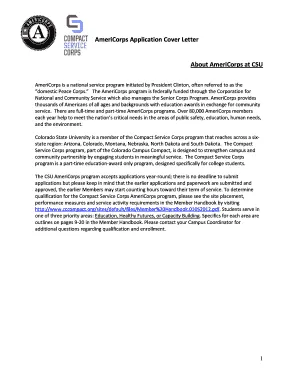
Strategic use of keywords and phrases can improve your cover letter’s visibility and make it stand out. Review the job description carefully and identify the key skills, qualifications, and values the program is looking for. Integrate these keywords naturally throughout your cover letter. When describing your skills and experiences, use action verbs that highlight your achievements and demonstrate your ability to make a difference. Use phrases like “I am passionate about,” “I am committed to,” and “I am eager to contribute” to convey your enthusiasm. Strategic incorporation of these phrases, combined with the right keywords, can effectively showcase your suitability and capture the attention of the hiring manager.
Action Verbs to Make an Impact
Using strong action verbs to start your sentences helps to convey your accomplishments and make your cover letter more dynamic. Instead of using passive language, start your sentences with action verbs to describe your achievements. Use verbs such as “led,” “managed,” “developed,” “implemented,” “coordinated,” “achieved,” “created,” “innovated,” and “collaborated” to emphasize your capabilities and demonstrate your accomplishments. For example, instead of writing “I was responsible for…”, write “I managed…” or “I coordinated…”. Action verbs enhance your credibility and showcase your capacity to drive results. This makes your cover letter more engaging and impactful.
Showcasing Your Personality
While maintaining a professional tone, it is okay to let your personality shine through your cover letter. The goal is to demonstrate your enthusiasm, show your authentic self, and showcase your motivation for service. Use a tone that is both sincere and professional. Share aspects of your personality that highlight your suitability for AmeriCorps, such as your empathy, your teamwork skills, or your ability to problem-solve. Sharing your passion, your story, and your unique perspective can make your cover letter more compelling and show your commitment. Remember to maintain professionalism while letting your personality shine.
Common Mistakes to Avoid
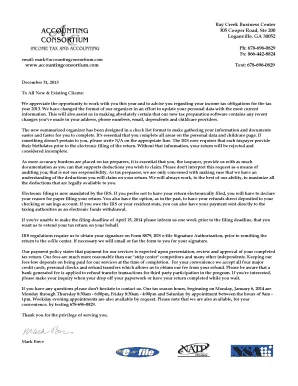
Avoiding common mistakes can significantly improve the effectiveness of your cover letter. Be aware of pitfalls that can undermine your application and make a negative impression. Pay careful attention to detail and tailor your letter to the specific program’s requirements and values. By understanding the errors to avoid, you can ensure that your cover letter is well-written and makes a compelling case for your candidacy. The common mistakes often involve not being specific enough or using generic language. Avoiding these mistakes will improve your chances of success.
Generic Letters
Generic cover letters are the most common mistake. Many applicants use the same cover letter for all their applications, which fails to show a genuine interest in the specific program. Make sure that the cover letter is tailored to each program, highlighting your understanding of their mission and values, as well as demonstrating how your skills and experiences align with their needs. Generic letters convey a lack of enthusiasm, which makes it hard for you to stand out from other candidates. Generic cover letters simply do not work.
Lack of Specificity
Vague descriptions and a lack of specifics undermine your credibility. Instead of making general claims about your skills and experiences, provide concrete examples that illustrate your accomplishments. Quantify your achievements whenever possible, using numbers, percentages, and data. Be specific. Provide the names of organizations, projects, and any other relevant details. This level of detail helps to provide concrete evidence of your ability to excel in the role. Specificity shows your skills and makes your application more persuasive.
Ignoring Program Requirements
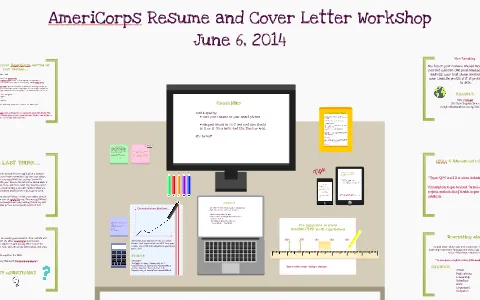
Ignoring the specific requirements outlined in the job description is a critical error. The job description is the roadmap for what the program is looking for. When you ignore program requirements, it indicates a lack of attention to detail. Make sure your cover letter directly addresses the skills, qualifications, and experiences the program seeks. Ignoring these aspects shows that you are not suited for the role. Always review the job description, and tailor your cover letter to fulfill all requirements.
The Perfect Closing
The closing of your cover letter provides you with a final opportunity to make an impact and leave a positive impression. Your closing should reinforce your interest in the AmeriCorps program, express your gratitude for the opportunity, and clearly state your next steps. A strong closing should be both professional and sincere. The final paragraph can make a lasting impact on the hiring manager and is an important aspect of the cover letter.
Expressing Enthusiasm and Gratitude
Restate your enthusiasm for the AmeriCorps program in your closing paragraph. Express your genuine interest in the opportunity and reiterate your commitment to the program’s mission. Thank the hiring manager for their time and consideration. Express your gratitude for the opportunity to be considered for the position. This reinforces your positive attitude and dedication, leaving a lasting impression of your commitment and appreciation.
Providing Contact Information
Make sure your contact information is clear and easily accessible. Include your full name, email address, and phone number. Make it easy for the hiring manager to reach you for an interview or follow-up questions. Ensure that your contact information is accurate and current. Make sure to proofread everything to avoid errors. Having this information is a crucial step for the program managers to make a decision.
Following Up After Submission
If you have not heard back from the program within a reasonable timeframe, a follow-up email can be a good idea. This demonstrates your continued interest and reinforces your enthusiasm for the role. Keep your follow-up email concise and professional. Reiterate your interest in the position, and express your gratitude for the opportunity. If applicable, you can politely inquire about the status of your application. Following up shows initiative and attention, and this can help you stay top of mind.
